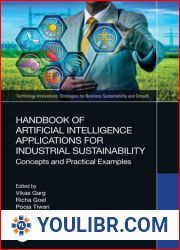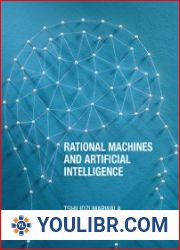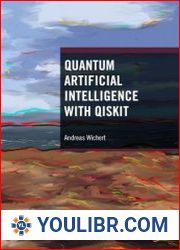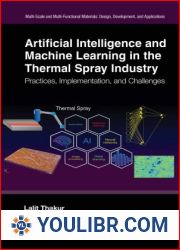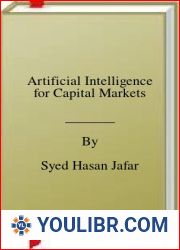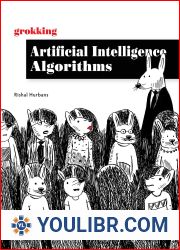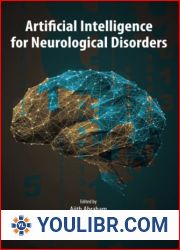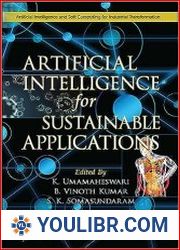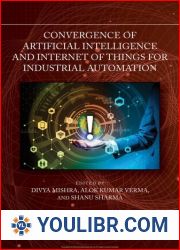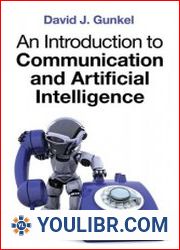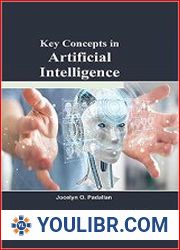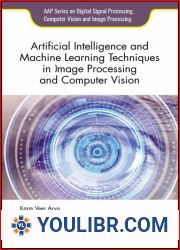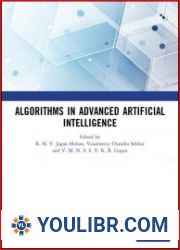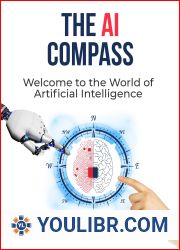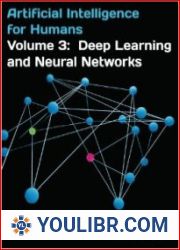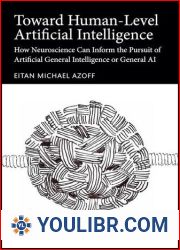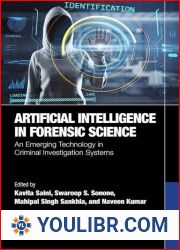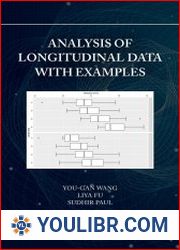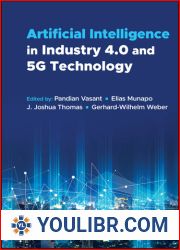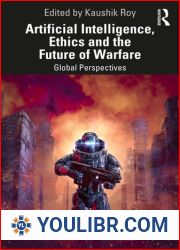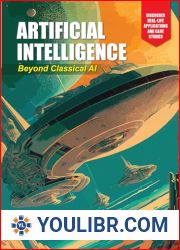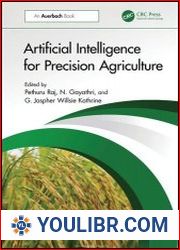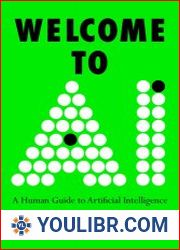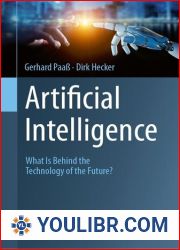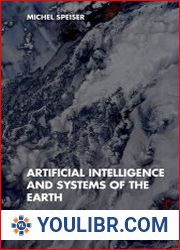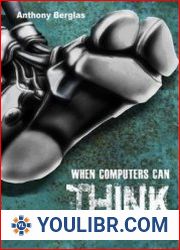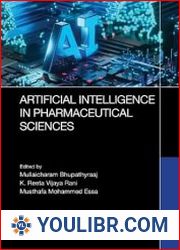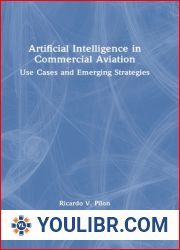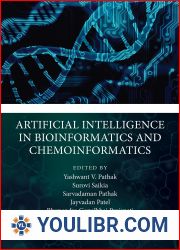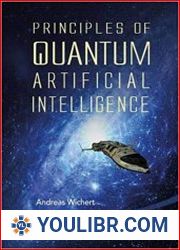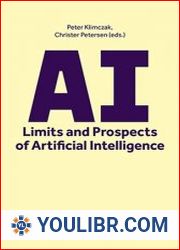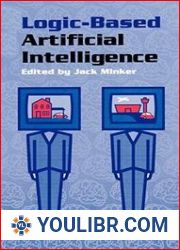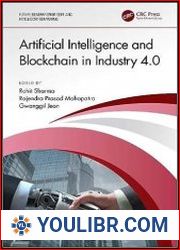
BOOKS - Artificial Intelligence of Things (AIoT) Current and Future Trends

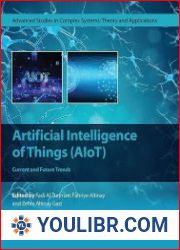
US $8.86

905572

905572
Artificial Intelligence of Things (AIoT) Current and Future Trends
Author: Fadi Al-Turjman, Fahriye Altinay, Zehra Altinay Gazi
Year: 2025
Format: EPUB
File size: 12.0 MB
Language: ENG
Year: 2025
Format: EPUB
File size: 12.0 MB
Language: ENG
Artificial Intelligence of Things (AIoT): Current and Future Trends brings together researchers and developers from a wide range of domains to share ideas on how to implement technical advances, create application areas for intelligent systems, and how to develop new services and smart devices connected to the Internet. Section One covers AIoT in Everything, providing a wide range of applications for AIoT methods and technologies. Section Two gives readers comprehensive guidance on AIoT in Societal Research and Development, with practical case studies of how AIoT is impacting cultures around the world. Section Three covers the impact of AIoT in educational settings. The book also covers new capabilities such as pervasive sensing, multimedia sensing, Machine Learning, Deep Learning, and computing power. These new areas come with various requirements in terms of reliability, quality of service, and energy efficiency. A Deep Learning technique called a convolutional neural network (CNN) is used to identify objects in images and examine their visual content. CNN uses a pooling layer to make the pixels smaller and to help find and keep the pixel patch. However, numerous real-world applications of the CNN algorithm exist, such as for both cancer screening and biometric identification. CNN may provide answers to visual queries as well as caption photos. CNN networks examine the images provided as input and generate natural-language answers to the visuals. CNNs have become the most efficient tool for computer vision tasks due to their superior efficiency for both video and image data. For Computer Science researchers, Artificial Intelligence researchers, and researchers and practitioners working in the fields of Data Science, Machine Learning, and optimization. The primary audience also includes data analysts and software engineers working with the Internet of Things (IoT).







